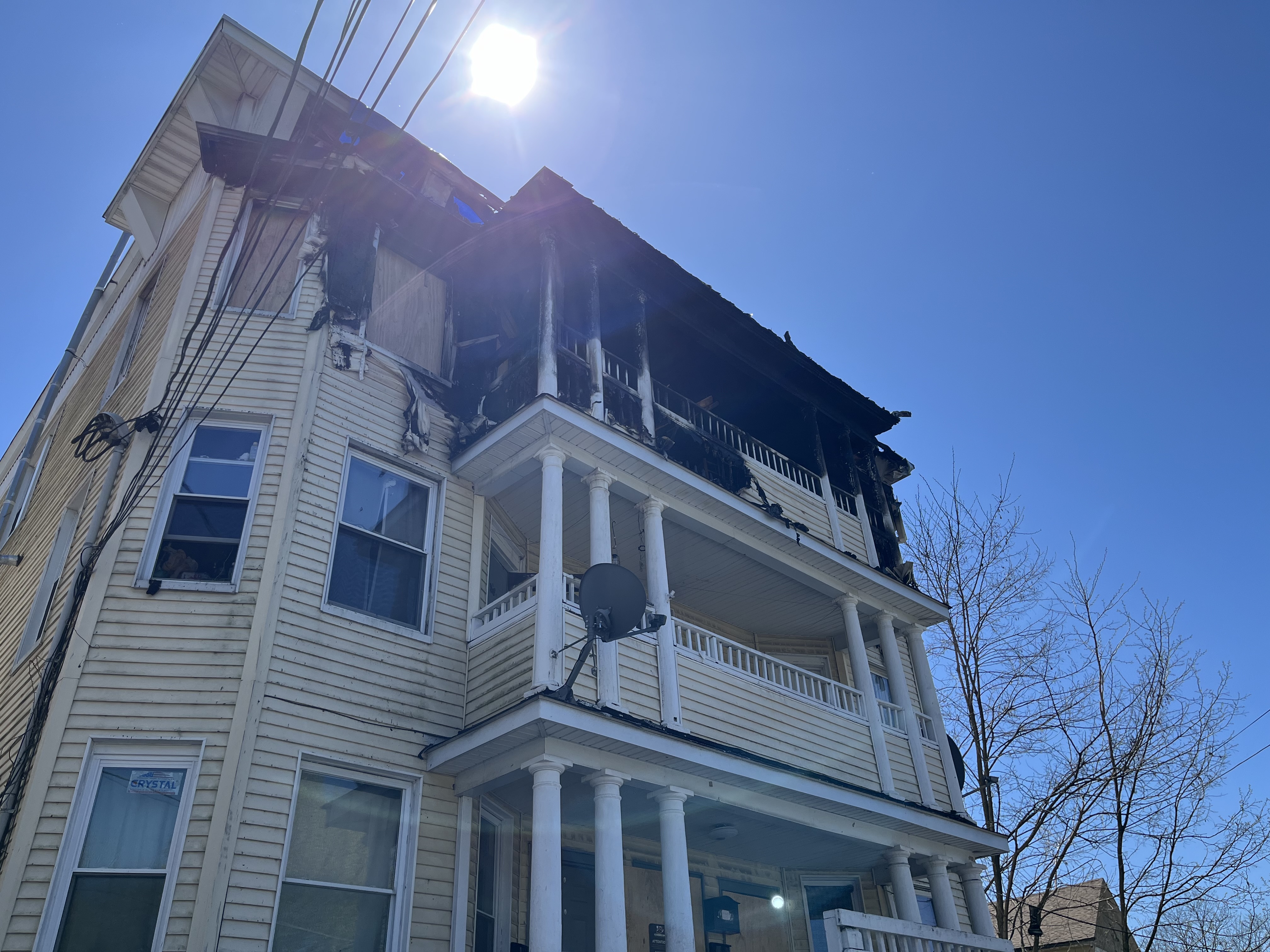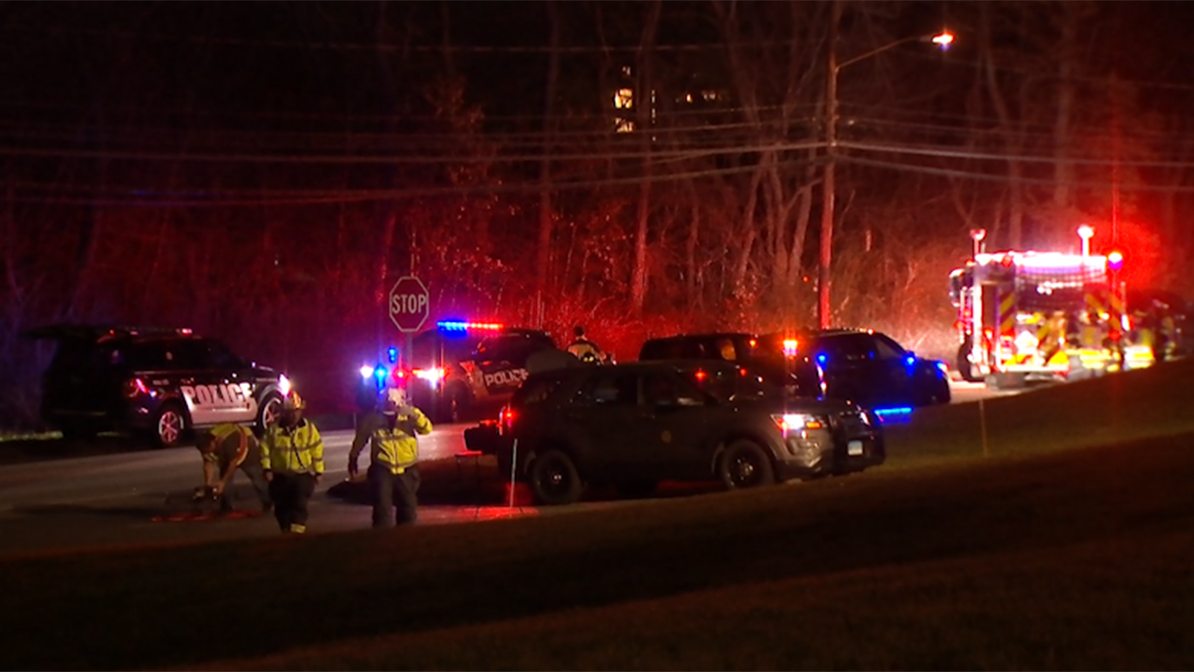New federal food safety guidelines are making it harder for farmers to get their products to market, especially into big box retailers.
“Farmers are at a disadvantage in this state,” explained Susan Pronovost, Brass City Harvest’s executive director. “The logistics required are really too much for mom and pop family farms in the state of Connecticut. They can’t track and trace and that’s a big thing today, track and trace your product for potential recall.”
Brass City Harvest, a non-profit in Waterbury that buys food wholesale, says a 6,000-square foot facility currently under construction will serve as a hub for farmers struggling to get their products on store shelves. A $99,000 USDA grant will pay for the food safety software necessary to code every product and bring it to retail.
“There’s not a lot of places in Connecticut for that food system to take place,” said Bryan Hurlburt, Connecticut’s Commissioner of Agriculture.
“For me, the hardest thing to do is to find distribution,” said Julie DiLourenzio, who makes cheese, yogurt, and chocolate milk from cream she purchases from Connecticut Farms and sells them under her two brands, Little Farm on Main and Cows Around the Corner.
Brass City Harvest will buy products from farmers and resell them at the Brass City Food Hub. DiLourenzio is one 24 farmers who have signed up.
“To be able to bring my product to a place and know from there it’s going to fill store orders without me driving my truck around, it’s huge,” said DiLourenzio, a Bethlehem resident.
Local
Hurlburt said the food hub, which is expected to hire 24 people, will be a boost to Waterbury’s economy.
“You’re gonna have employees coming in, you’re going to have training facilities in the kitchen, you’re gonna have truck drivers coming and going, you’re going to have farmers coming in here,” he pointed out.
The hub will also serve as a fresh food access point for residents nearby.
“There’s no supermarket in this neighborhood. There’s not even a corner store, they have nothing. So, we’re going to bring food to the neighborhood,” said Pronovost.
The facility is expected to be opened in mid-December. If successful, Connecticut Lt. Gov. Susan Bysiewicz said she’d like to see it replicated in other urban areas across the state.



